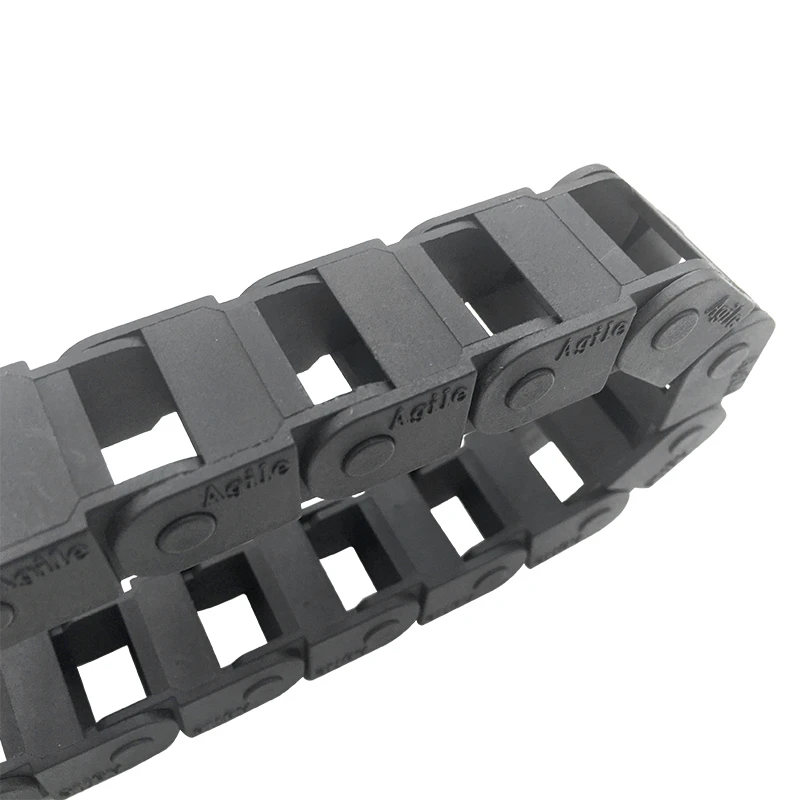wood chip screw conveyor
The Importance of Wood Chip Screw Conveyors in Modern Industry
In recent years, the demand for sustainable materials and efficient processing systems has skyrocketed, particularly in the woodworking and biomass industries. A key player in this field is the wood chip screw conveyor, an essential piece of equipment designed to effortlessly transport wood chips, pellets, and other biomass materials. This article delves into the significance of wood chip screw conveyors, their applications, and the advantages they provide in various industrial operations.
Understanding Screw Conveyors
A screw conveyor is a type of mechanical device that uses a rotating helical screw blade, known as a flight, to move bulk materials along a trough. The design is simple yet highly effective, making it suitable for transporting a variety of materials, including wood chips. The operation of a screw conveyor typically involves a motor that rotates the screw, lifting the material from a lower to a higher elevation or moving it horizontally along a channel.
Applications in the Wood Industry
Wood chip screw conveyors play an integral role in various stages of wood processing. From initial chip production to final product distribution, these conveyors provide a reliable means of handling wood waste, sawdust, and other byproducts. In sawmills and wood processing facilities, screw conveyors transport wood chips from wood chippers to storage bins or directly to pelleting machines, ensuring that the materials flow steadily through the manufacturing process.
In addition to sawmills, wood chip screw conveyors are also utilized in biomass energy plants. As the world shifts towards renewable energy sources, these conveyors help move wood chips to be processed into biofuels, contributing to a reduction in reliance on fossil fuels. The efficiency and reliability of screw conveyors can significantly enhance the productivity and profitability of biomass energy operations.
Advantages of Wood Chip Screw Conveyors
wood chip screw conveyor

1. Efficiency One of the primary advantages of screw conveyors is their ability to move materials quickly over both short and long distances. Their design ensures a continuous flow, minimizing downtime during material handling.
2. Space-Saving Design Screw conveyors can be installed in tight spaces, making them an ideal choice for facilities where space is at a premium. Their vertical or inclined operation can navigate around structural obstacles and maximize the use of available space.
3. Versatility Beyond wood chips, screw conveyors can handle a wide range of materials, from powders to larger solids. This versatility makes them suitable for various industries, including agriculture, food processing, and chemical manufacturing.
4. Minimal Maintenance With fewer moving parts compared to other transport systems, screw conveyors require less maintenance, leading to lower operational costs. Their robust construction ensures they can withstand the wear and tear associated with transporting abrasive materials like wood chips.
5. Optimal Material Control Screw conveyors provide excellent control over the material flow rate. Operators can adjust the speed of the conveyor to match production requirements, leading to better overall efficiency.
Conclusion
In conclusion, wood chip screw conveyors are vital components in the processing and transportation of wood chips and biomass materials. Their efficiency, versatility, and space-saving design make them indispensable in modern woodworking and biomass industries. As the demand for sustainable practices continues to grow, the role of wood chip screw conveyors will only become more critical. Their ability to seamlessly integrate into various production processes ensures that companies can meet both environmental and operational goals effectively. As industries evolve, investing in reliable transportation solutions like screw conveyors will play an essential role in shaping a more sustainable future.








